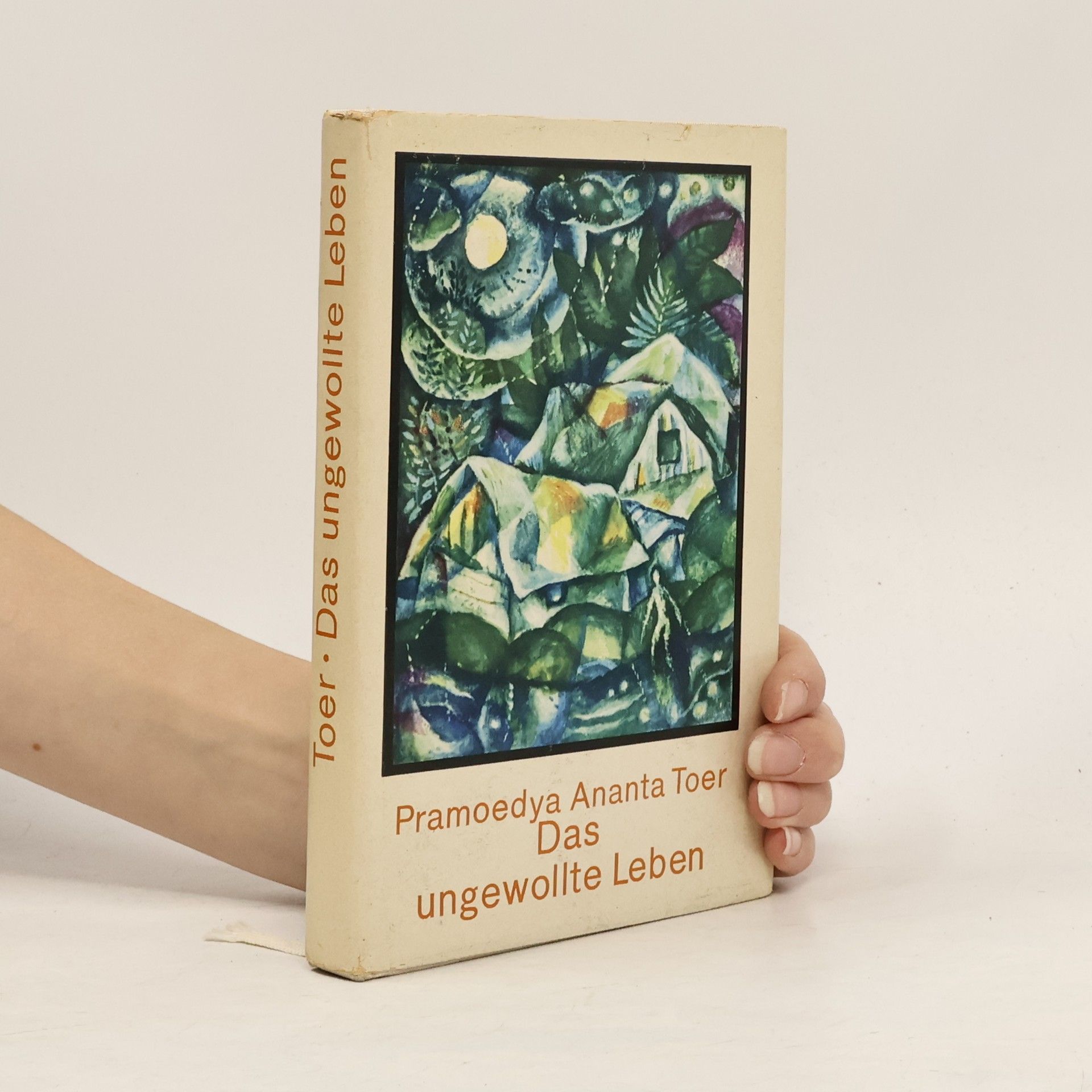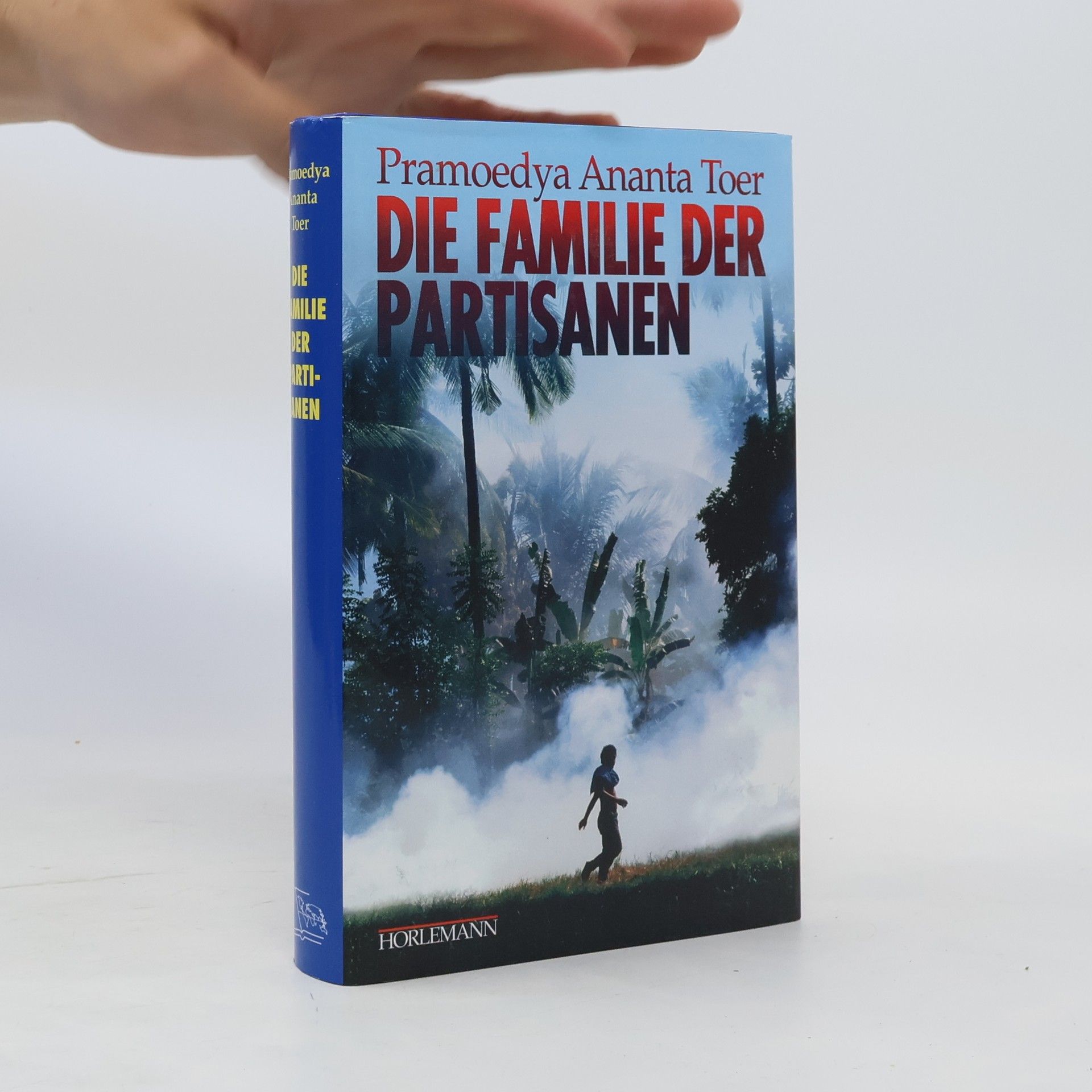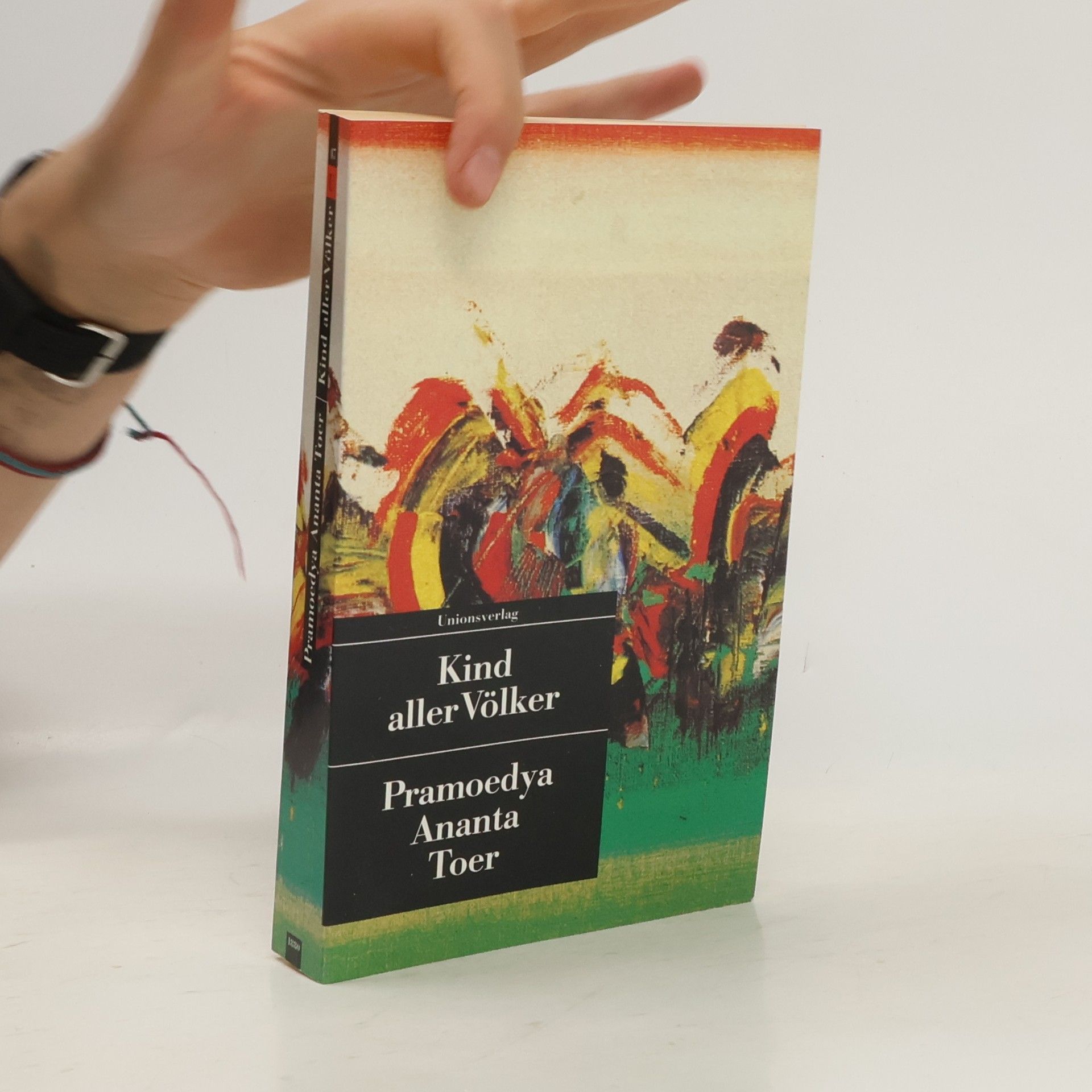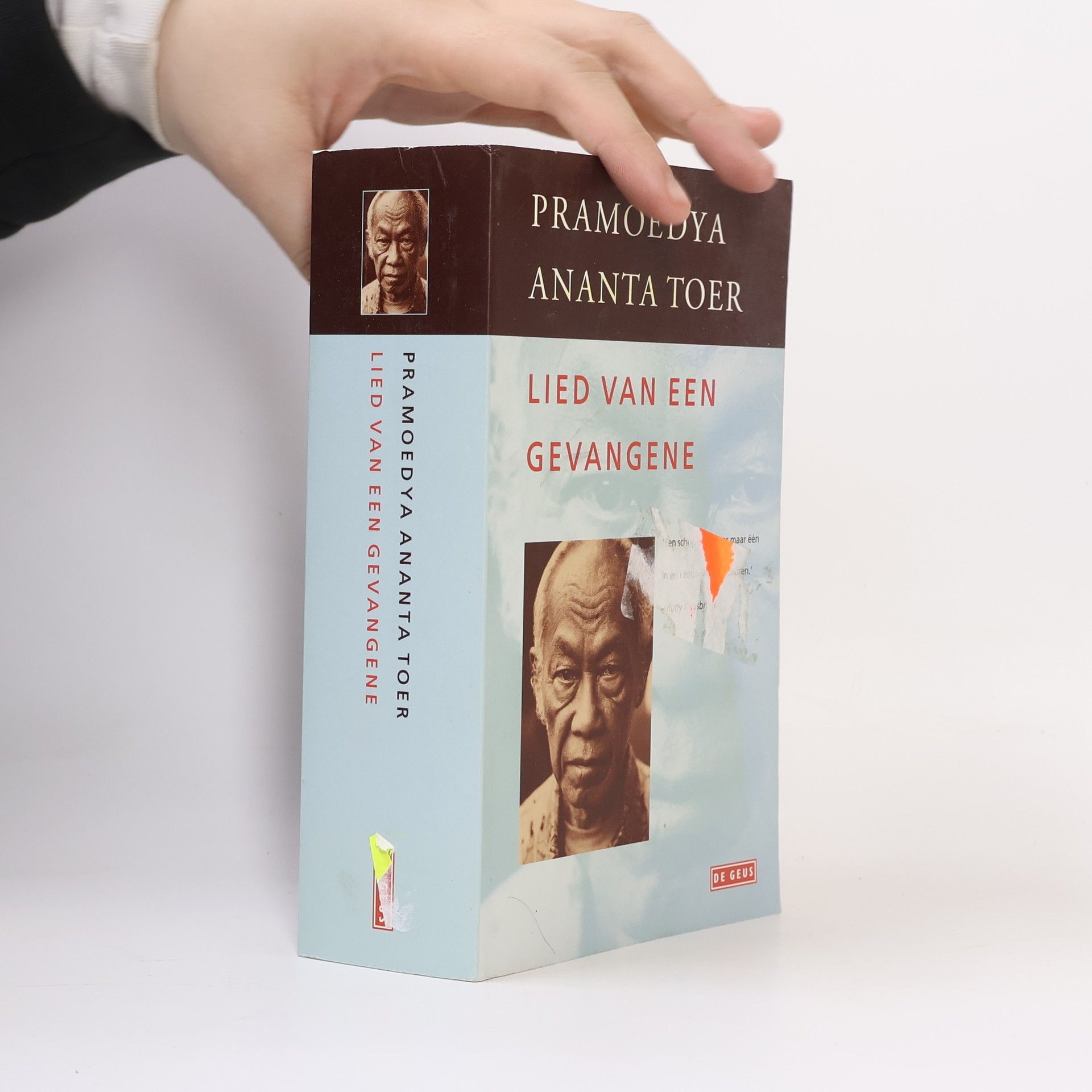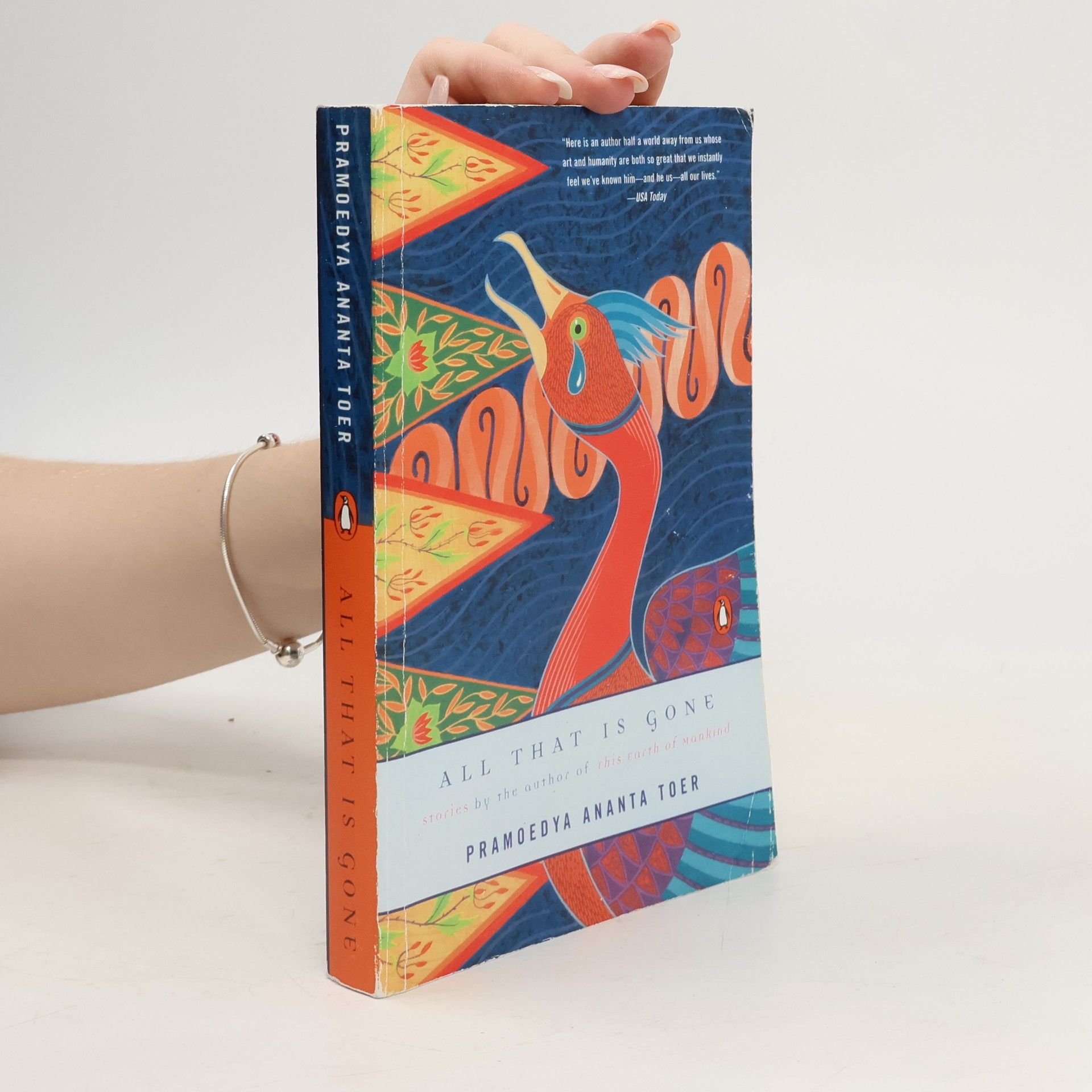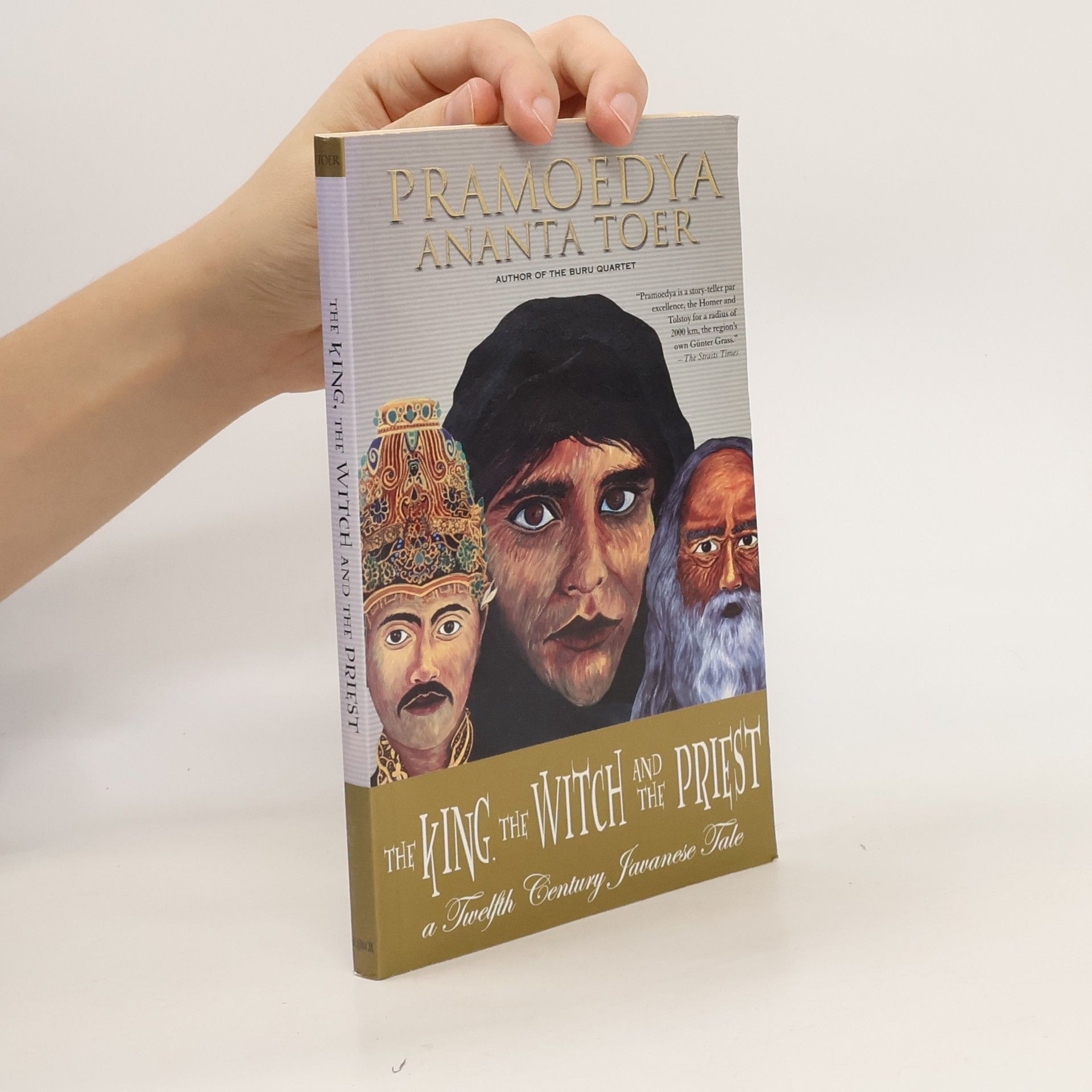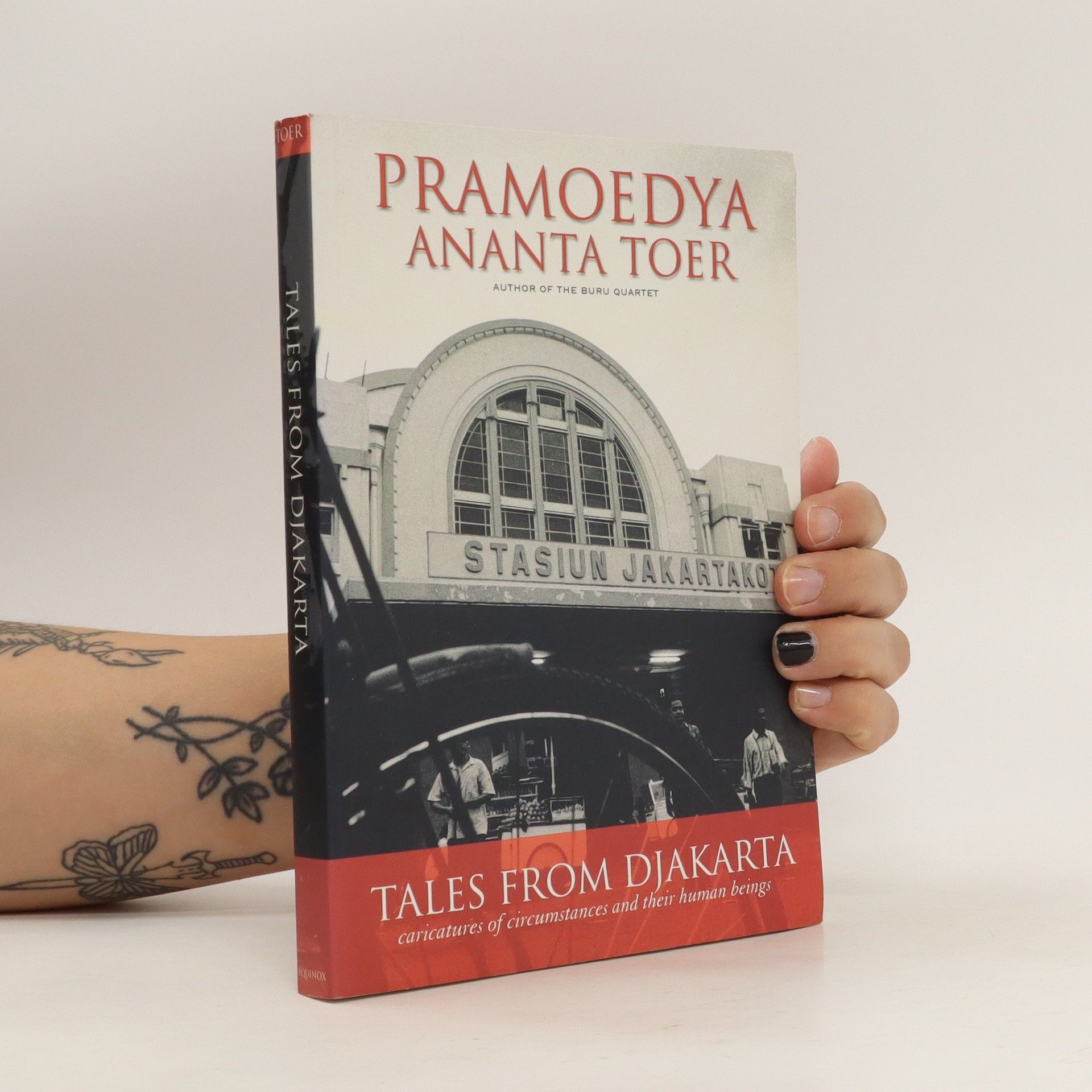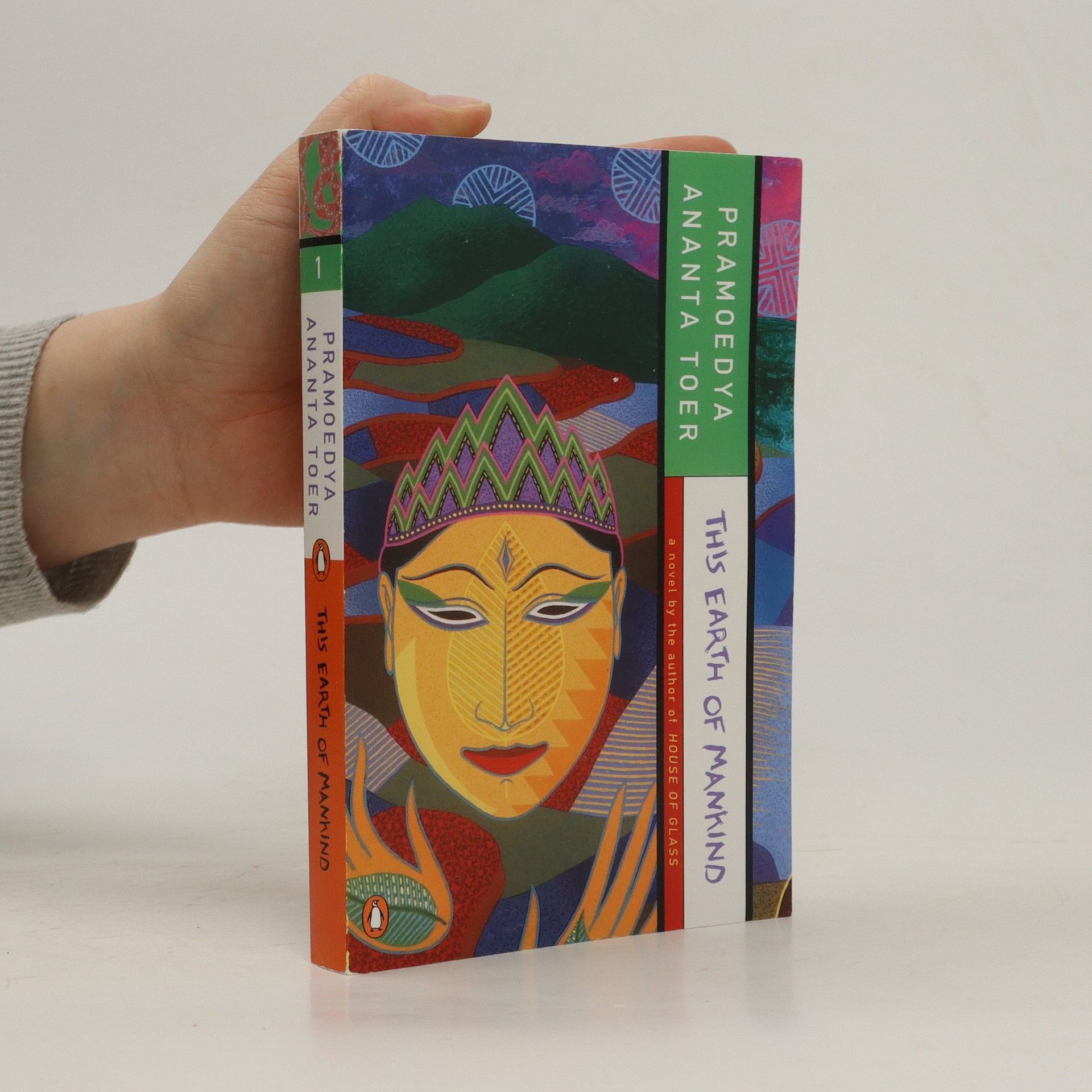Lied van een gevangene
- 762 Seiten
- 27 Lesestunden
In het eerste deel, Gevangene op Buru, beschrijft Pramoedya het gevangenisleven op het eiland Buru. Hierin zijn essays en verslagen opgenomen die direct betrekking hebben op het leven in het werkkamp Buru. In het tweede deel, Brieven van Buru, geeft Pramoedya aan zijn kinderen rekenschap van zijn schrijversverleden, Nadrukkelijk plaatst hij zijn kindertijd, huwelijksperikelen en vaderschap binnen het kader van de Indonesische politieke ontwikkeling,


